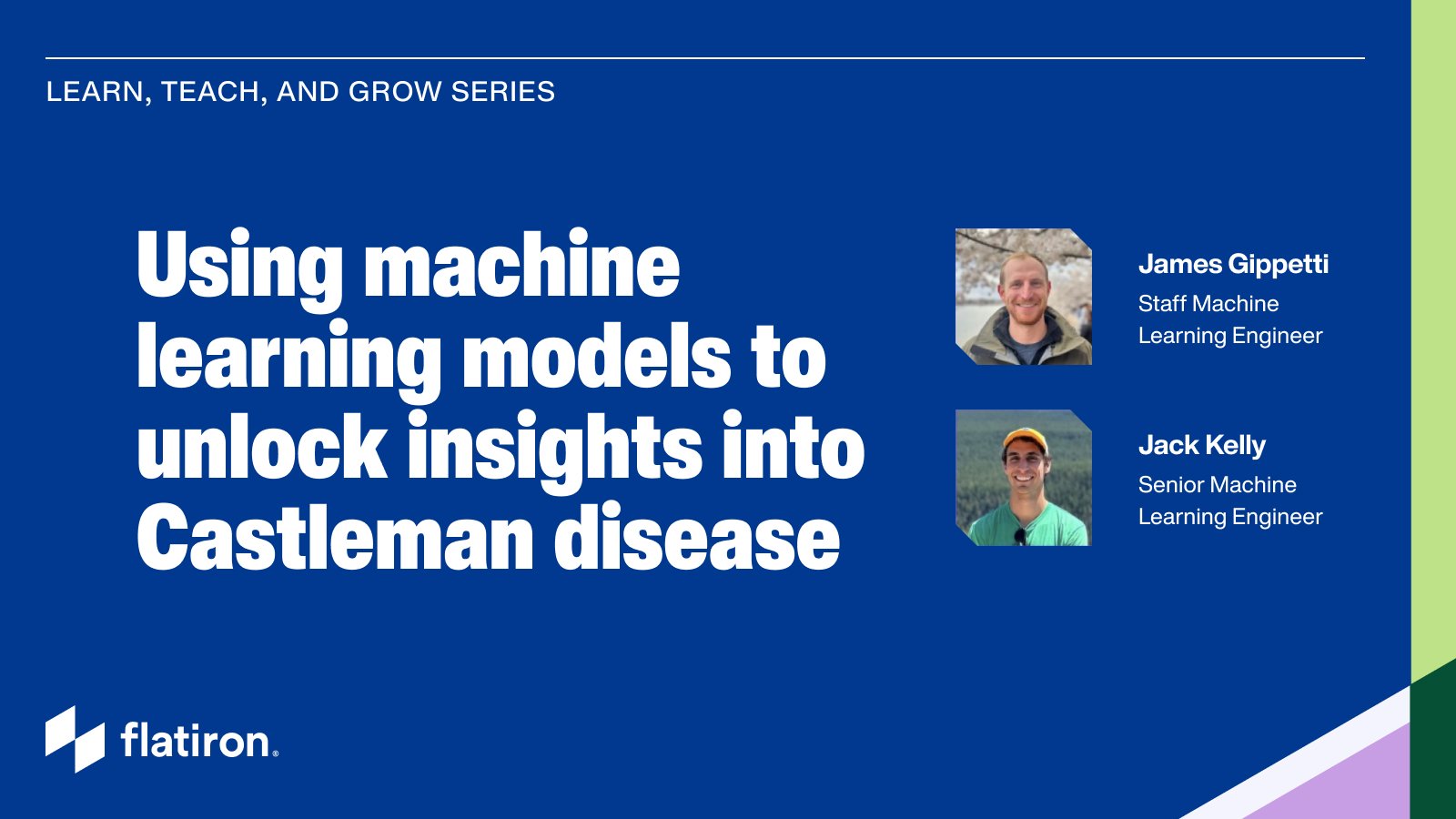At Flatiron, the dipping northeast temperatures of November herald the start of our performance review season. The time around Thanksgiving is spent in existential dread of needing to write peer feedback and the procrastination that will inevitably ensue. Even extremely responsible individuals will often save all their reviews for one manic Friday when they write from morning to night without stopping and hate themselves and their jobs while they are at it.
Last year, I had the pleasure of watching Chelsea Troy give a phenomenal talk about feedback at a CTO Summit . The key nugget that I have carried with me since that day is that feedback is a gift. Telling us where our flaws lie is one of the most impactful things one human can do for another, and yet it is a gift that most of us shy away from until we are backed into a corner. Feedback is incredibly important, and avoiding it can only hurt an organization and a career.
You can read a lot of pop psychology about procrastination and hear about the different reasons that we put off doing tasks. All of them will tell you: procrastination isn't about laziness, and it isn't about time management. Frequently it's about self doubt: facing a task that seems too big or too important is scary and makes you want to go organize your pencils. A big scary task like, say, passing judgement on the past year of a colleague's life.
A great way to turn a big, scary task into something that your limbic system doesn't run from is to break it down into smaller pieces. If those small pieces feel more tractable–something you know you can do –your emotional brain will let you off the hook and stop telling you that your closet needs to be sorted into a rainbow. A side benefit I find is that by breaking up the process of feedback I can fit it into the 15-minute chunks that my typical day consists of.
This is my process for tackling peer feedback, which I use to reign in my recalcitrant brain.
-
[15 mins] Sit down and think about the person, and write quick bullet points about what went well, and what didn't go well in our work together. I do not think about a ladder or rubric. I do think about level/seniority, and what I generally expect of someone at that level. This is not a final draft, so I don't stress.
-
Great job on the Widgets Forever project. Doesn't understand flux capacitors
-
-
[15 mins] I revisit my bullets and translate them into readable sentences. I target something that would make sense to an audience unfamiliar with the specific project or situation. This is not a final draft, so I don't stress.
-
Curie handled the Widgets Forever project well from beginning to end. They gathered stakeholder feedback early, created clear milestones, and communicated well when there was a delay on the perpetual motion milestone. Curie's independence let me focus on other things.
-
Understanding flux capacitors is a fundamental expectation of the role, and Curie repeatedly demonstrated lack of basic knowledge. In particular, when we were discussing how to optimize the flow stream, they suggested that we stabilize the midichlorians, which isn't even the right franchise.
-
-
[15 mins] I reread my bullets from the feedback recipient's point of view and rework for greater empathy and impact. This is not a final draft, so I don't stress.
-
When problem solving on how to optimize the flow stream, Curie suggested a midichlorian stabilization technique that is not appropriate for this type of issue. In future, Curie would be more effective if they reviewed the fundamentals of flux capacitance so that they can constructively contribute to this type of problem.
-
-
[5 mins] I reread for typos or weird language, then hit submit. This is a final draft, so I briefly panic and then realize that past me already did all the hard work and it's fine.
The key for me in this sequence is that I take the thing that stresses me out–making sure I'm thoughtful about what feedback to give–and stretch it out over several subtasks to reduce the activation energy. That gives me three different chances to make sure that what I'm saying is accurate and empathetic, so none of those passes has to be perfect on its own. Most of the time I'm surprised when I go back for the third round and find that past me has been a more thoughtful and kind reviewer than I realized. Past me is a great partner when she doesn't procrastinate.



